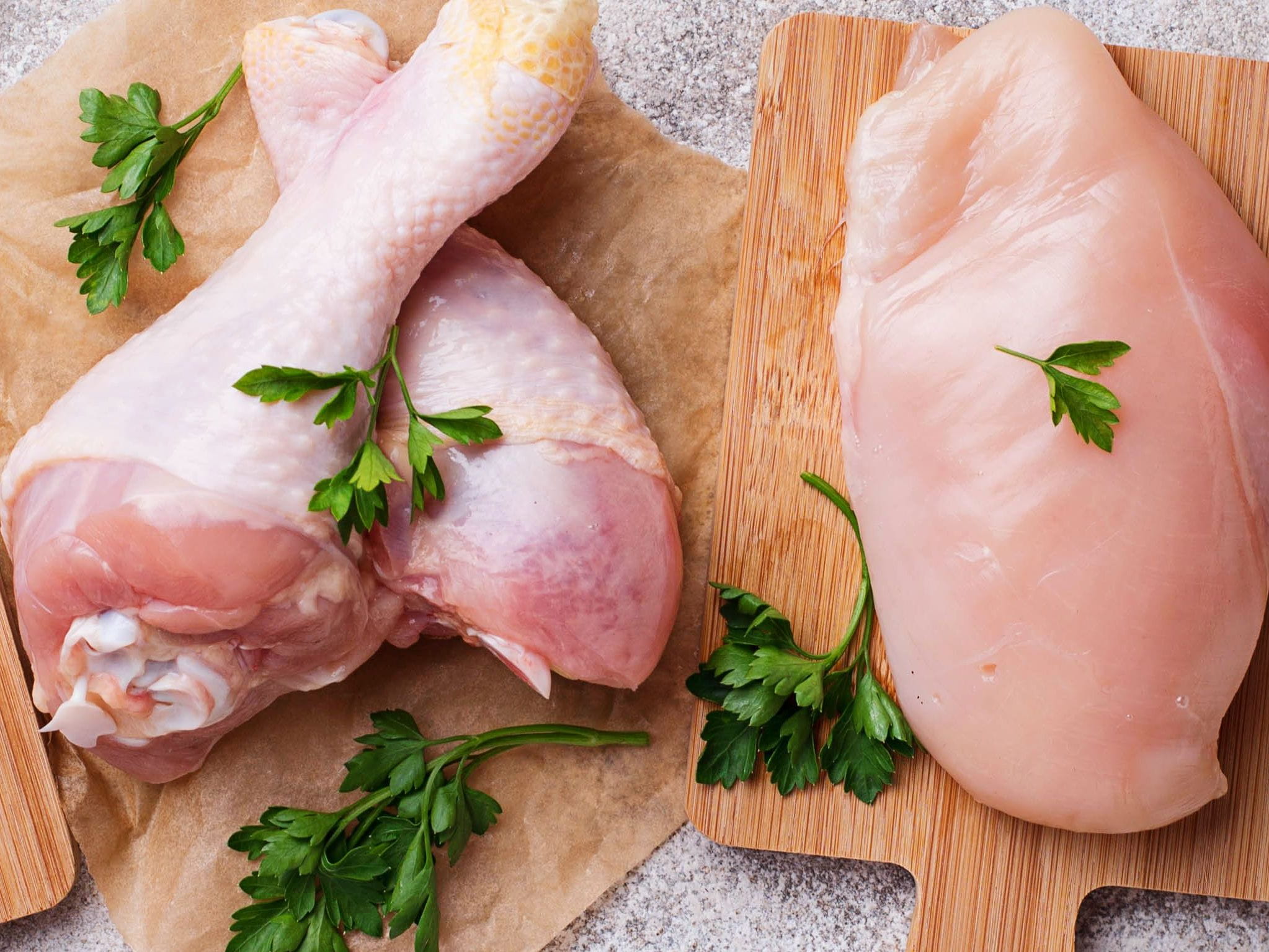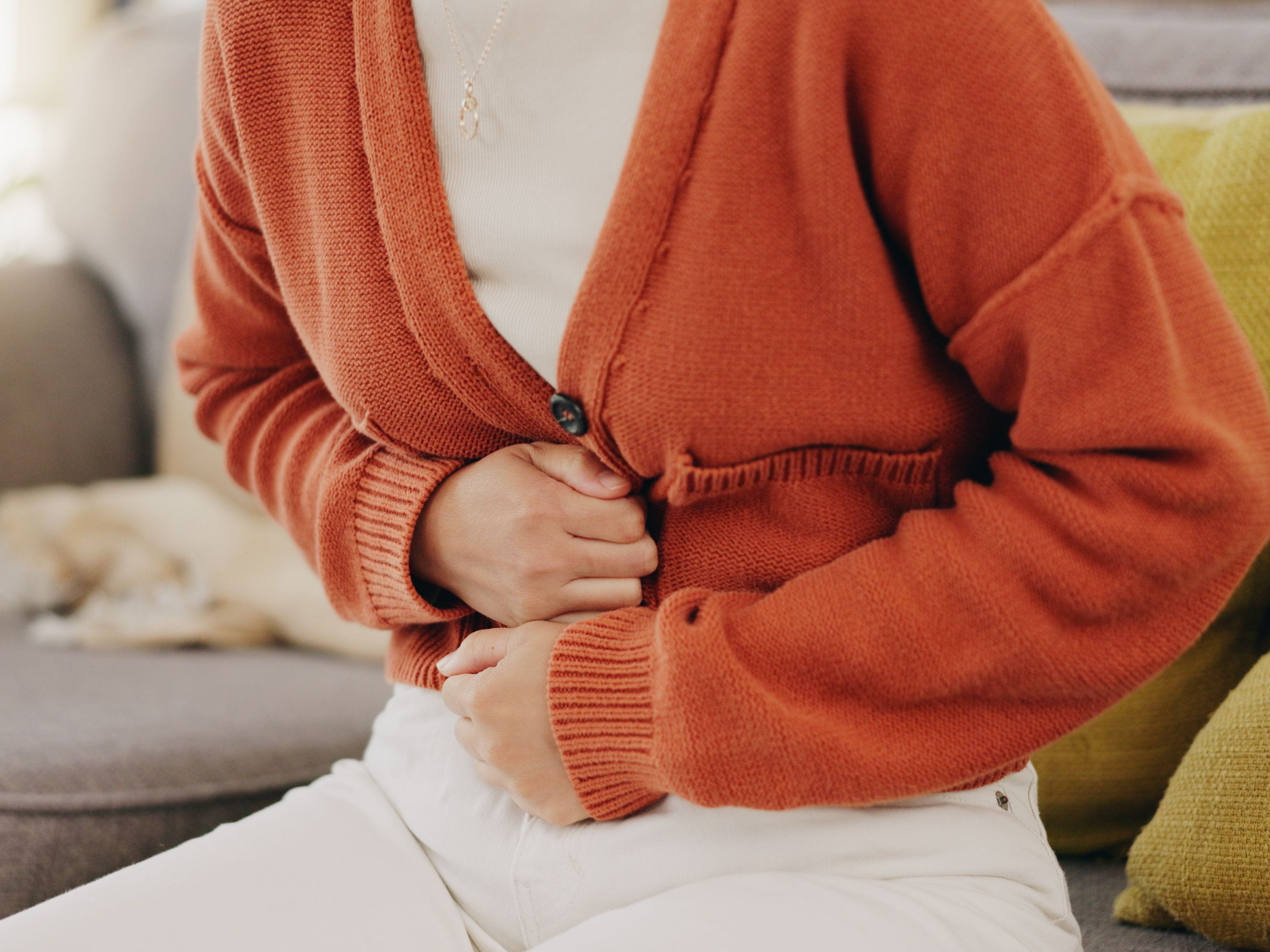Salmonella Food Poisoning

The Bottom Line
Salmonellosis is a bacterial infection mainly affecting the digestive tract. Symptoms include diarrhea, fever, and stomach cramps and usually last a few days to a week. Sources include contaminated water and food (meat, poultry, seafood, and eggs, especially if raw or undercooked) as well as unpasteurized milk and pets. Treatment consists mainly of fluids to prevent dehydration.

What is Salmonella?
Salmonella is a gram-negative bacterium that affects the intestinal tract. The infection is called salmonellosis.
What are the symptoms of a Salmonella infection?
The symptoms can vary. Symptoms include diarrhea, fever, stomach cramps, nausea, vomiting, chills, headache, and blood in the stool. It is also possible to have Salmonella and have no symptoms.
How do you get Salmonella?
Most often, you get Salmonella from contaminated water or food. Contaminated foods look and smell normal. Foods that may be contaminated with Salmonella include meat, poultry, seafood, and eggs, especially if raw or undercooked. Unpasteurized milk is another common source. There are also cases of Salmonella associated with sprouts.
If the drinking water in a country is not clean, you can also get Salmonella from the water. If you do not wash your hands after going to the toilet or after changing a diaper, and then handle food, you can contaminate the food with Salmonella. If you handle contaminated food such as raw poultry and then touch fruits or vegetables, the Salmonella might be transferred to the uncooked foods. Birds and reptiles may carry Salmonella, as well as pet foods with raw or uncooked meat.
How long does it take for Salmonella symptoms to begin? How long do they last?
The onset of symptoms is usually within 8–36 hours of exposure but can be delayed up to 72 hours. Symptoms can last a few days to a week; diarrhea may last up to 10 days.
Is Salmonella deadly?
Salmonella is usually not deadly. If you are healthy to begin with, you should recover without specific treatment. If diarrhea is severe enough to cause dehydration, you have a high fever or bloody stools, and the symptoms persist for more than a few days, you will need medical treatment. Infants, young children, pregnant women, older adults, and people with a weak immune system are more likely to require medical attention.
Is Salmonella contagious?
Yes, Salmonella is contagious. If you share utensils with a person who has Salmonella, you are at risk of developing it. If you don’t wash your hands after changing a diaper or going to the toilet, and then touch foods or surfaces in your home, you can spread Salmonella to other people. Pets can also have Salmonella, so it is a good idea to wash your hands after contact with your pet.
Is it safe to use raw eggs in recipes?
Some recipes for cocktails (such as eggnog), desserts, salad dressing (such as Caesar salad), homemade mayonnaise, and post-workout shakes contain raw or undercooked eggs. There is even egg coffee (also called Vietnamese or Swedish coffee) made by adding a beaten egg yolk in sweetened condensed milk to espresso or iced coffee. Salmonella can be found in both the shell and inside the eggs. Using pasteurized eggs decreases the risk significantly. Washing eggs can also remove Salmonella from the eggshell.
What to do if you suspect a Salmonella infection
If several people who ate similar foods get sick, then food poisoning should be suspected. It is hard to distinguish between food poisoning and viral gastroenteritis. A stool culture test can identify the Salmonella bacteria, although your doctor will decide whether to order this test or not. Most people with food poisoning do not go to a doctor or get a stool culture.
Treatment mainly consists of fluid replacement. Be sure to drink extra fluids while you have diarrhea. If you suspect you are experiencing Salmonella food poisoning or have questions about food safety, help from experts is available through the webPOISONCONTROL online tool and by phone at 1-800-222-1222. Poison Control’s expert guidance is always free, confidential, and available 24 hours a day.
Wendy Klein-Schwartz, Pharm.D., MPH
Clinical Toxicologist
Poison Control Media Information
Did you find this page helpful? If so, we need your support. Poison Control is in constant competition with misinformation online. Links to www.poison.org or our webPOISONCONTROL triage tool from other websites and blogs help internet searchers quickly find accurate information and Poison Control’s contact information in an emergency. If you use the content from this page, please provide attribution via a link back to this page, www.poison.org, or https://triage.webpoisoncontrol.org/#!/exclusions. By doing so, you could save a life. Thank you!
Poisoned?
Call 1-800-222-1222 or
Prevention Tips
- Avoid eating raw or undercooked foods.
- Avoid eating raw eggs.
- Avoid unpasteurized milk.
- If traveling to a country without clean drinking water, drink bottled water.
- Wash your hands after handling raw meat, poultry, or seafood.
- Clean utensils and surfaces well after using them on raw meat, poultry, or seafood.
- Wash your hands after using the toilet or changing diapers.
- Wash your hands after touching animals.
- If you suspect you have Salmonella, don’t prepare food for others while you still have diarrhea.
- Refrigerate perishable food within 2 hours of being outside the refrigerator, especially in hot weather.
This Really Happened
A dozen people experienced diarrhea, abdominal cramps, and fever approximately 12 hours after attending a work reception. A worker called Poison Control and was referred by the poison specialist to the health department. The health department investigated the suspected food poisoning incident, and potato salad with mayonnaise was implicated as the most likely source. The potato salad sat out for at least 5 hours before the end of the reception. It was unclear whether all the food handlers had worn gloves when preparing the food. Workers who did not eat the potato salad did not get sick. Stool cultures were obtained from the people who were ill and came back positive for Salmonella. People who were ill were instructed to drink fluids to stay hydrated. Everyone was asymptomatic within a few days to a week.For More Information
Get the Facts about Salmonella. U.S. Food and Drug Administration.
Salmonella infection. Mayo Clinic.
Salmonella Infection (Salmonellosis). Centers for Disease Control and Prevention.
References
Centers for Disease Control and Prevention. Multistate outbreak of Salmonella chester infections associated with frozen meals—18 states, 2010. MMWR Morb Mortal Wkly Rep 2013; 62(48):979-982.
Hassan R, Buuck S, NoveroskeD, et al. Multistate outbreak of Salmonella infections linked to raw turkey products. United States, 2017-2019. MMWR Morb Mortal Wkly Rep 2019;68:1045-1049. doi: http://dx.doi.org/10.15585/mmwr.mm6846a1.
Keerthirathne TP, Ross K, Fallowfield H, Whiley H. A review of temperature, pH, and other factors that influence the survival of salmonella in mayonnaise and other raw egg products. Pathogens. 2016;%(4):63. doi: 10.3390/pathogens5040063.
Linam WM, Gerber MA. Changing epidemiology and prevention of Salmonella infections. Pediatr Infect Dis J. 2007;26(8):747-8. doi: 10.1097/INF.0b013e3181376abc.
Pees M, Brockmann M, Steiner N, Marschang RE. Salmonella in reptile: a review of occurrence, interactions, shedding and risk factors for human infections. Front Cell Dev Biol. 2023;11:1251036.doi: 10.3389/fcell.2023.1251036.
Poisoned?
Call 1-800-222-1222 or
Prevention Tips
- Avoid eating raw or undercooked foods.
- Avoid eating raw eggs.
- Avoid unpasteurized milk.
- If traveling to a country without clean drinking water, drink bottled water.
- Wash your hands after handling raw meat, poultry, or seafood.
- Clean utensils and surfaces well after using them on raw meat, poultry, or seafood.
- Wash your hands after using the toilet or changing diapers.
- Wash your hands after touching animals.
- If you suspect you have Salmonella, don’t prepare food for others while you still have diarrhea.
- Refrigerate perishable food within 2 hours of being outside the refrigerator, especially in hot weather.
